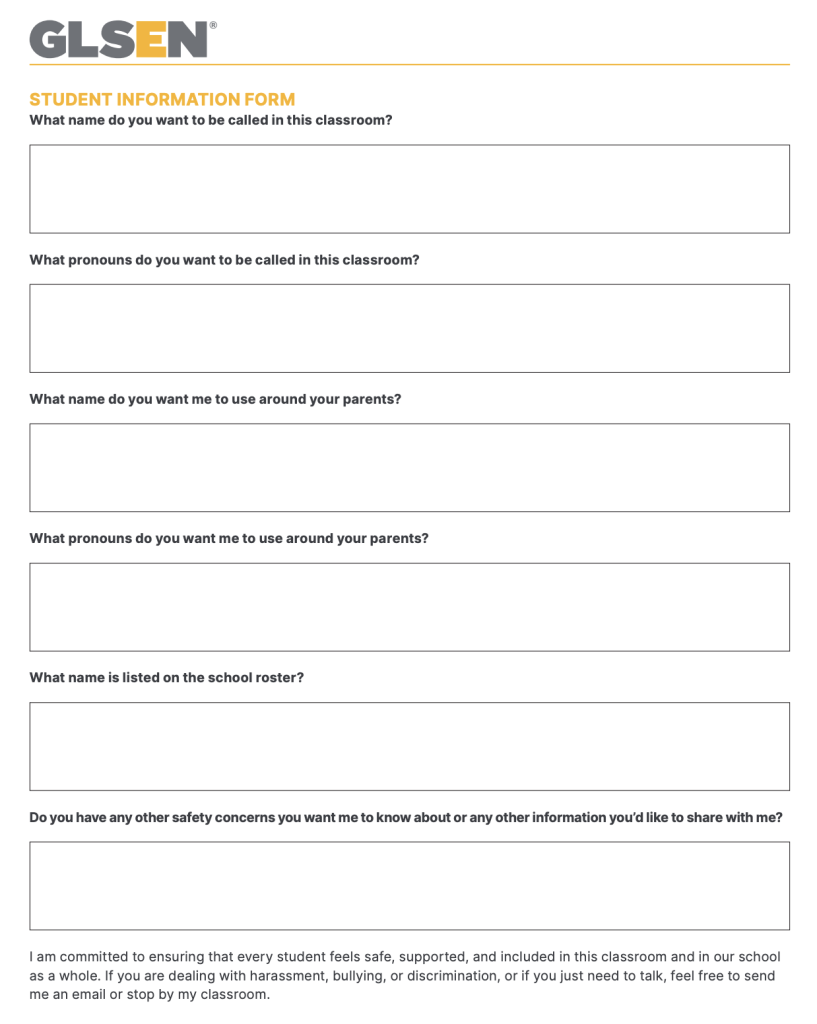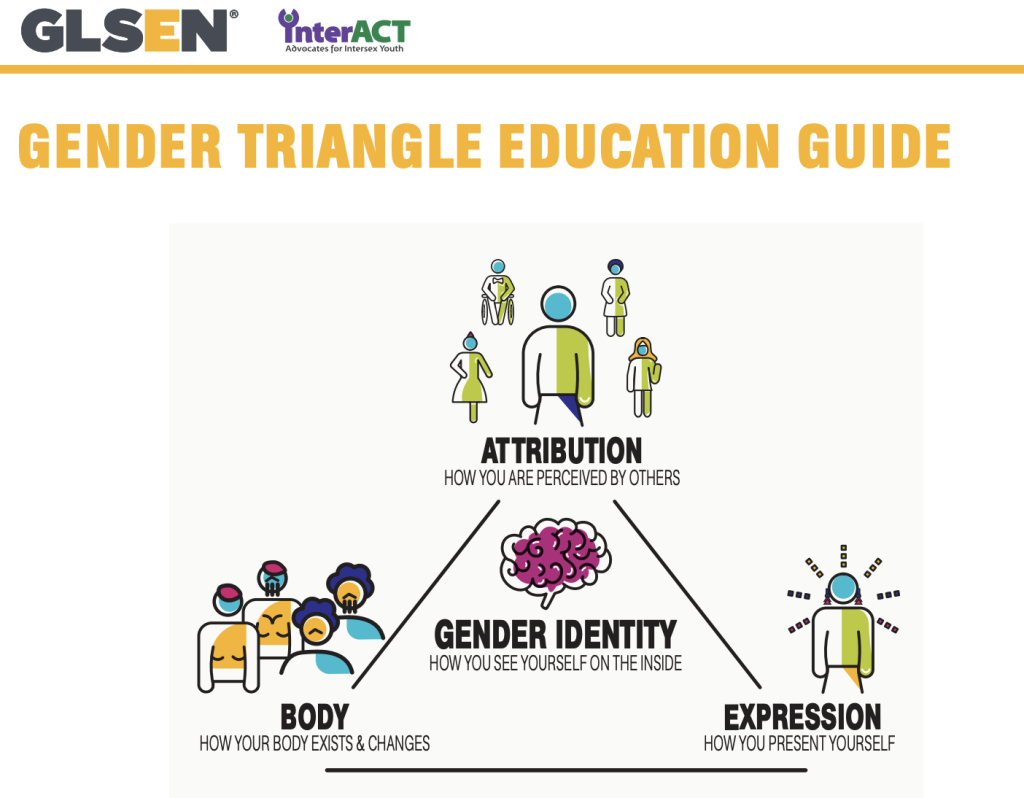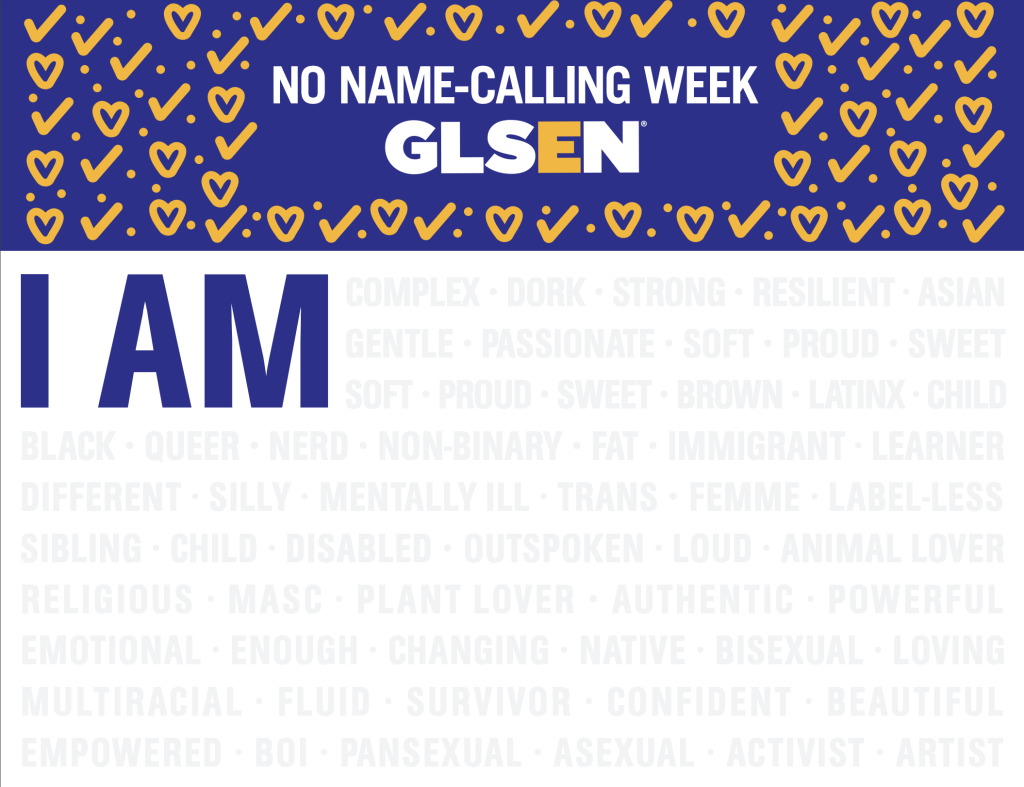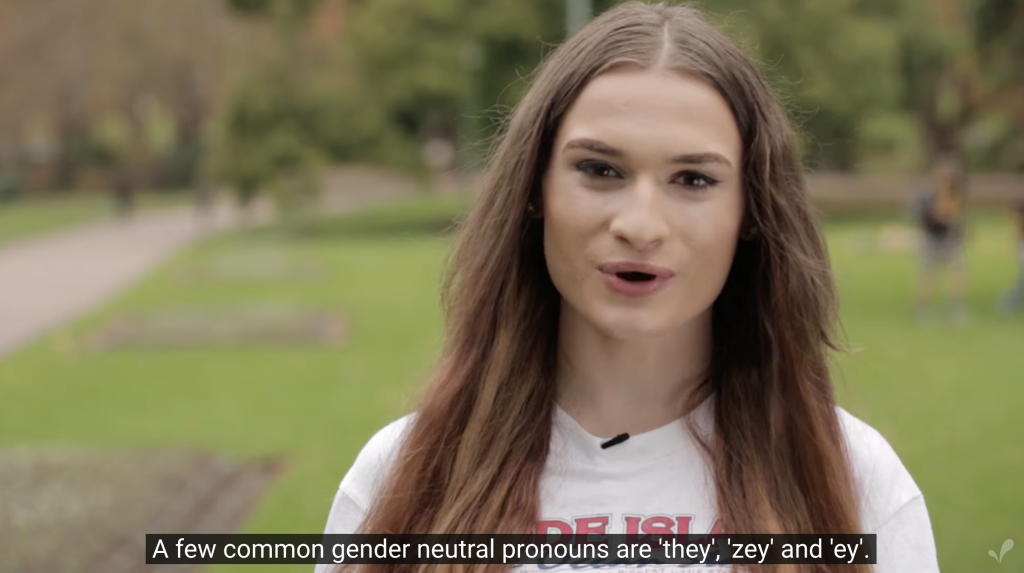
Please Follow us on Gab, Minds, Telegram, Rumble, Gab TV, Gettr, Truth Social, Twitter
The NEA announced in May that it had partnered with the controversial group GLSEN, among others, to help educators navigate issues surrounding LGBTQ+ rights, to share resources, and to promote "safe and inclusive schools".
The NEA posits that "true learning" can only happen if all students feel supported and celebrated, and when the whole school community can be their "authentic selves—no matter their race, immigration status, sexual orientation or gender identities".
But what exactly does that edu-speak mean?
And what are the resources that NEA shares from GLSEN?
GLSEN provides a range of resources for both student-led and educator-driven programs in order to promote LGBTQ+ inclusivity. This ranges from training to guidance on starting a Gender Sexuality Alliance club to curriculum resources.
The group has crafted 18 different guides for Educators. Following are examples of some of the curriculum contained in the guides so you have a better sense of what NEA is advocating that educators incorporate into the classroom.
The Pronoun Form For Educators encourages teachers to conduct a student survey to ask for each student's choice of name and pronouns, and also to ask what name to use around parents, presumably in case the student wants the school to hide this information from their parents. Of course, if Connecticut Attorney General Tong has his way, he guarantees to hide this information from parents.

The National Book Recommendations include books featuring pornographic imagery, radical gender ideology and the normalization of transgenderism. For example, the Elementary School Booklist contains titles like I Am Jazz, When Aiden Became A Brother, and Julian Is A Mermaid, all of which normalize transgenderism to young children who cannot yet comprehend that concept. The Middle School Booklist includes Felix Ever After, which glorifies a teen with top surgery on the book cover. The High School Booklist has All Boys Aren't Blue, this is the book with a chapter on the statutory rape of a boy when he was 13 years old by his 18-year-old cousin.
Another curriculum resource, the Gender Triangle Education Guide, promotes the idea that puberty can be controlled through medicine, specifically through the use of hormone replacement therapy. It even says "it is critical" that space is allowed for people to self-identify. This space, of course, is found by injecting the same drugs that are used to chemically castrate sex offenders. Drugs which can lead to permanent, negative changes in the body.
Can you imagine how confusing the below chart might be for children going through puberty?

Because GLSEN believes that it is critical for LGBTQ+ programming to begin in Elementary School, a specific set of resources has been assembled in the Ready, Set, Respect! Elementary School Toolkit. The 68-page guide was drafted in 2016 to address name-calling and bullying, family diversity, gender roles and diversity, ideas for responding to bullying, and more.
Teaching tips include making sure that classroom examples aren't heteronormative or gender-normative, stopping the practice of separating children by "boys" and "girls", and using more "inclusive" language. Lessons are recommended for kindergarten through second grade on challenging gender norms. While a third to fifth grade lesson teaches about the harms of misgendering a person. Another third to fifth grade lesson asks students to read a book from a preselected list (e.g., I am Jazz, George (aka Melissa), Gracefully Grayson), and complete a gender identity flower for a character in a book, and also for the student.
In a high school lesson on exploring how self-identification can be empowering, students are asked to consider the damage that can be done when someone mislabels another person without the person's permission.
The Learning Empowerment Self-Identification guide also recommends that students develop their own "I AM" chart as a sign of their social justice commitment to "No Name-Calling Week" and offers an example chart.

GLSEN says that the most important thing about Science and Sexual Health education is to "dismantle the polarizing way of thinking" that sex is a binary.
GLSEN recommends using the "Principles for Gender Inclusive Puberty and Health Education" for elementary-aged students. The guide normalizes the concept of transgenderism and the idea that "sex assigned at birth" may not be congruent with your gender identity or expression. The concept of transitioning, which the guide says should be referred to as "pursuing congruence measures,” talks about "hormonal congruence" (the use of chemical castration drugs) and "surgical congruence" (the surgical removal of healthy sex organs).
There's even a lesson for students on how to use "gender neutral" language so as to better accommodate transgender peers. The lesson includes watching a pronoun video and showing students a picture of a group of young people so they can practice addressing the group without using gendered words like “boys,” “guys,” or “girls.” The lesson closes by suggesting that students display pronouns on worksheets and name tags, and correct any misgendering that is witnessed.

On top of lesson plans, NEA recommends GLSEN policies, which include support for biological males competing in sports against biological girls.
For those of you contributing money to the NEA through your union dues, know that this is the kind of radical, progressive curriculum that your money is supporting.
And for those of you in Connecticut, you should be aware that there is a limited window in August when you can leave the Connecticut Education Association, which is part of the NEA. That time is coming up soon, so you might want to think twice about whether you want to fund this kind of programming in schools.
